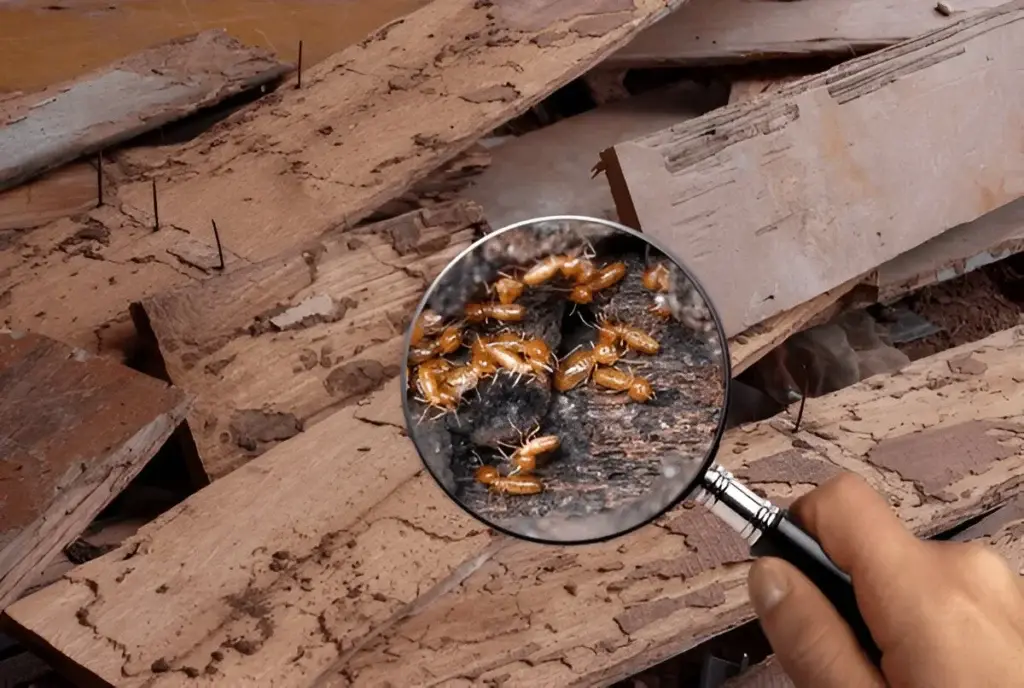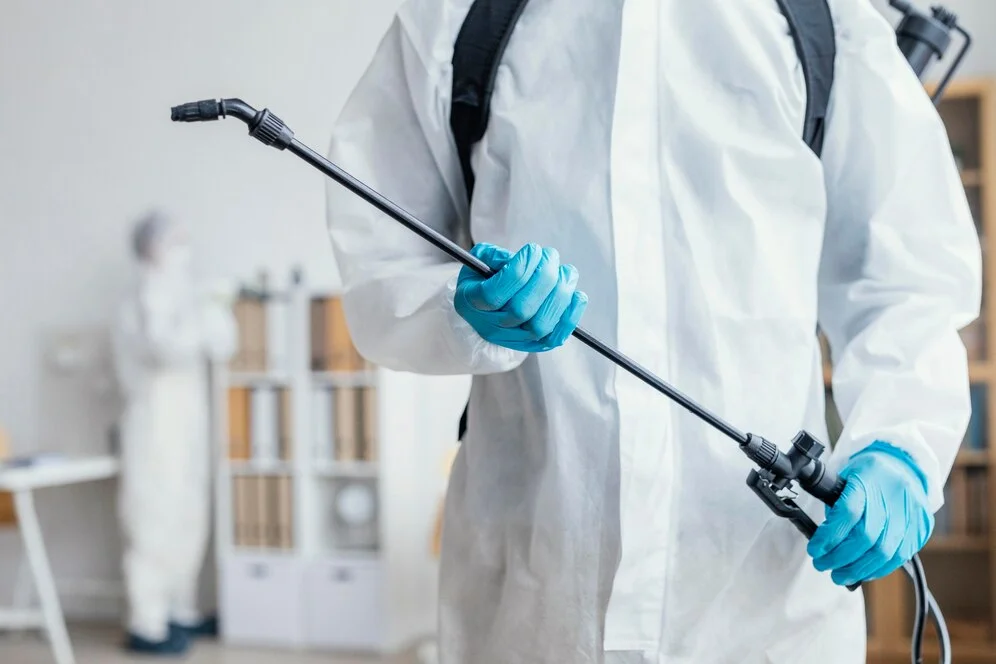-
Govind Bhawan,Kolkata - 700001
Govind Bhawan,Kolkata - 700001

Seasonal termite infestation often goes unnoticed until it’s too late. Learn when to seek expert help and how a reputable pest control company can guide proactive prevention and treatment.
Termites are often called “silent destroyers” for a reason. By the time you notice visible damage, the internal structure of your wood, walls, or furniture may already be compromised. While termite activity is year-round, seasonal termite infestation peaks during specific months, especially in humid or rainy conditions.
Recognizing the right time to act—and knowing when to call in professionals—is critical to avoiding costly repairs and health risks. This blog unpacks everything homeowners, property managers, and builders need to know about seasonal termite behavior, warning signs, and the right time to take action.

While termites are active throughout the year, seasonal termite infestation is particularly intense during:
Not all termite activity looks obvious. Subterranean termites, for instance, work silently beneath foundations and inside walls for months.
You don’t need to wait until you see a swarm. Call in a certified professional if you observe:
New constructions often disturb termite colonies underground, causing them to relocate into homes or buildings.
When to act: Get a preventive inspection immediately post-construction.
High moisture levels trigger termite breeding. Homes with damp basements, leaking plumbing, or poor ventilation are at greater risk.
When to act: Call an expert before or at the beginning of the monsoon season.
If termites are found in neighboring homes or flats in your building, chances are your structure is next. Termites move through cracks, pipes, and electrical lines.
When to act: Schedule a property-wide inspection ASAP.
Even minimal wear on cabinets, beds, or wooden floors can indicate deeper structural issues.
When to act: As soon as any unexplained wood degradation is seen.
While there are sprays and “natural termite repellents” available over the counter, none can match the reach and effectiveness of a certified treatment plan. Here’s why experts matter:
Knowing hotspots within your space can help early detection. Termites commonly infest:
Regular inspections in these zones during seasonal peaks can save you thousands in repair.

Delaying professional help could mean:
The longer you wait, the more deeply termites burrow—making them harder and costlier to eliminate.
Even before calling experts, homeowners can follow these practices:
Prevention is not just cheaper than cure—it’s smarter.
The best approach is not reactive—it’s proactive. Recognizing the telltale signs of seasonal termite infestation before visible damage appears is half the battle won. Once spotted, act fast. Don’t delay treatment or attempt to manage it with home remedies alone.
Professional pest control experts use advanced treatment solutions such as:
Each home is different. A one-size-fits-all spray won’t help. It’s essential to seek professional evaluation and a tailored solution from a trusted and experienced pest control provider.

Q. When is termite infestation most common in homes?
Termites are most active during the monsoon and spring due to moisture and temperature shifts. Swarming often begins in early summer.
Q. Can I handle seasonal termites on my own?
While small infestations may be slowed with DIY methods, complete eradication typically requires professional expertise, tools, and safe chemicals.
Q. Are termites harmful to human health?
Termites don’t bite or spread disease, but their presence can trigger allergies and worsen respiratory conditions due to dust and mold exposure.
Q. How often should I schedule termite inspections?
Ideally once a year, especially before or during monsoon season. If you live in a termite-prone area, twice a year is safer.
Q. Is chemical treatment safe for pets and children?
Yes, modern termiticides used by certified experts are non-toxic to humans and pets when applied correctly and allowed to settle as advised.
If there’s one thing to remember, it’s this: Seasonal termite infestation is predictable—and preventable. Waiting for visible damage is a costly mistake.
Be vigilant. Know the signs. And most importantly, trust trained professionals to protect your space, your investment, and your peace of mind. Whether you’re a homeowner, builder, or tenant, acting early can save you far more than money—it saves your structure from silent destruction.
For personalized evaluations and expert-backed treatment, it’s important to consult certified pest control professionals who understand seasonal patterns, environmental conditions, and structural vulnerabilities specific to your region.